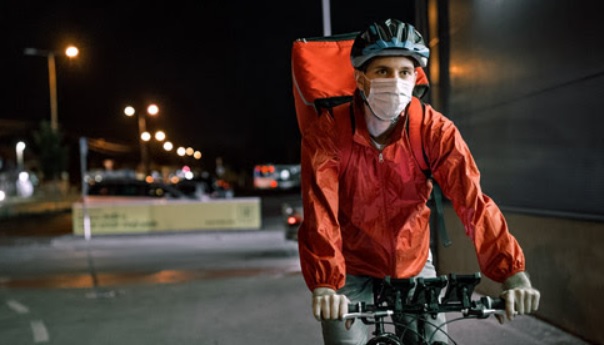Sub-Tourism: An Alternative to Addressing the Challenges of Mass Tourism
Tourism is one of the world's largest industries, and its growth has been steady in recent years. According to data from the World Tourism Organization (UNWTO), in 2019, an estimated 1.465 billion international trips were made, marking a milestone in the industry's history. However, the COVID-19 pandemic in 2020 represented an unprecedented setback for the sector. With grounded airplanes, closed hotels, and travel restrictions worldwide, the number of trips plummeted dramatically to 406.98 million. Despite the challenges faced by the industry, UNWTO reported that by 2022, approximately 962.80 million trips were recorded worldwide, demonstrating astonishing growth of 136.95% compared to 2020. These figures underscore the sector's resilience and adaptability, prompting questions about how we can maintain a balance between this rapid growth and sustainability. One of the most pressing challenges of mass tourism is its impact on the environment and local communities. The overexploitation of tourist destinations can deplete natural resources and disrupt the daily lives of host populations. In response, UNWTO has acknowledged these issues and promotes sustainable tourism as a solution. This involves adopting environmentally friendly practices and fostering healthy cultural interaction. In this context, the concept of "sub-tourism" emerges as an alternative. It involves seeking more authentic and less crowded
Increase in delivery service due to the pandemic
Faced with the strong impact that the global economy received as a result of COVID-19, the food delivery service expanded by leaps and bounds. As its nature describes it, this resource was the only one that left its doors open for bars and restaurants to quickly mobilize towards their customers and continue to operate. Despite the fact that many countries did not show interest in delivery applications, in 2020 there were increases in the furthest behind. María Bertorch , an expert in the food service industry at NPD Group, an American market research company, exposes the Anglo-Saxon countries as the protagonists of this change. " In France, only 6% of" orders were placed on delivery "in 2020, compared to 3% in 2019. In Great Britain, this proportion was 17% last year, compared to 9% in 2019" . Similarly, in a survey carried out by Deliveroo, a Delivery app in Spain, I read about how 40% of the businesses associated with the platform assured that they would have been forced to close in the next six months if it were not for the implementation of delivery to their business model, that is, today they had their doors closed. Now, you have to take into


